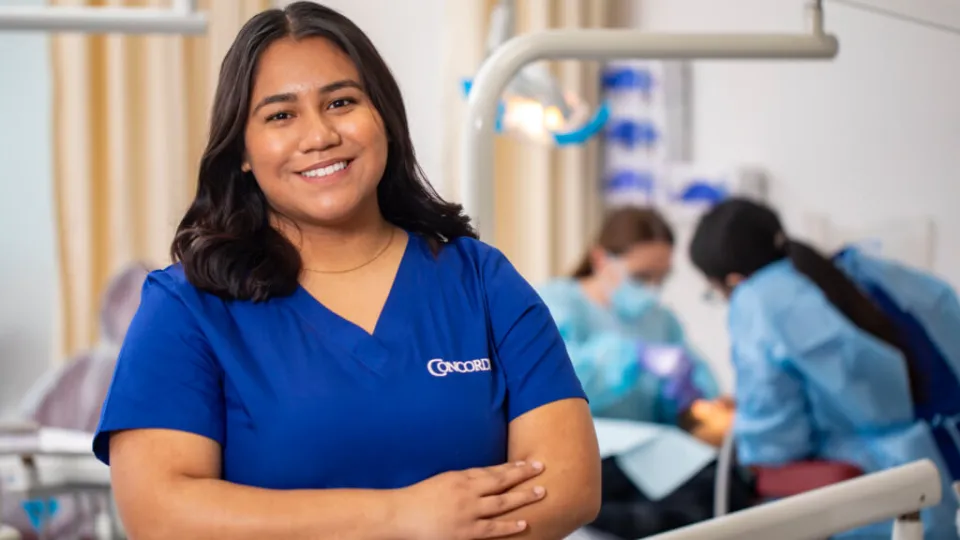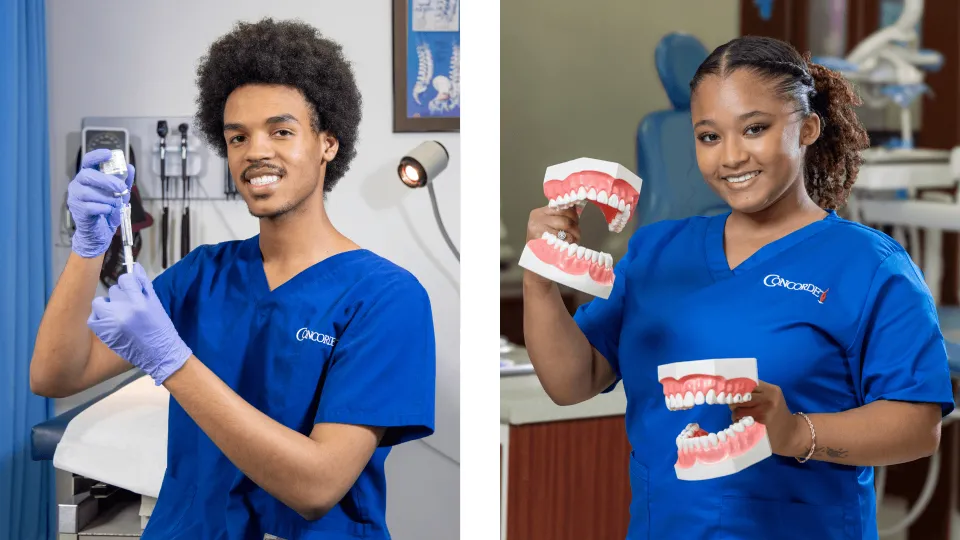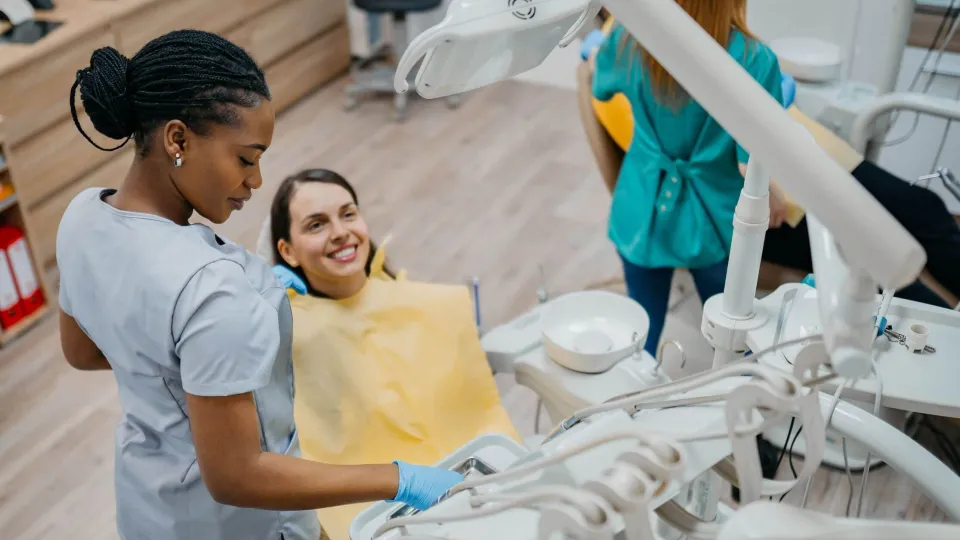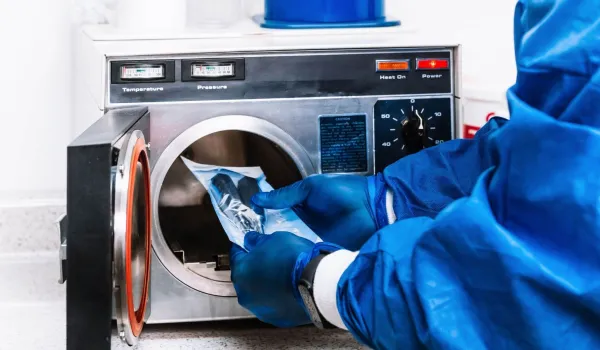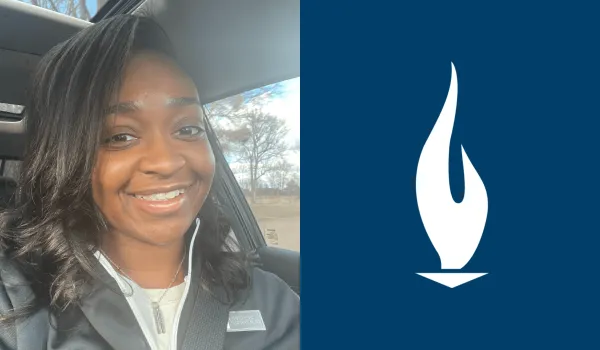
How many times have you heard someone remark that they "hate going to the dentist?" What if you could be one of the reasons to change that mindset?
If you love to help others be the best version of themselves, have a knack for science and enjoy working with your hands, becoming a Dental Assistant (DA) might be the right fit for you. The health care field is going fast, and dental assistants are projected to see a 19% growth rate through 2026.
Duties of a Dental Assistant
Dental assisting is a fast-paced career that allows professionals to work with all demographics - from children to adults to elderly patients. The career requires a patient, friendly demeanor - a true professional who has a natural desire to serve others in a practical way.
Dental assistants perform many tasks, ranging from patient care and taking x rays to record keeping and scheduling appointments. Duties vary by state and by the offices, but typically include:
- Preparing patients and the work area for treatments and procedures
- Sterilizing dental instruments
- Handling instruments to dentists during procedures
- Instructing patients in proper oral hygiene
- Processing x rays and complete lab tasks, under the direction of a dentist
- Keeping records of dental treatments
- Scheduling patient appointments
- Working with patients on billing and payment
Where you might work
Many individuals find satisfaction in completing dental assistant programs with the likelihood of being employed after graduation. The career itself allows for part-time work, and dental assistants can even be employed at different practices.
There were about 332,000 dental assistants in 2016 with 91% working in dentists offices, 2% working in government and 2% working in physicians offices. DAs work under the supervision of a dentist and work closely with dental hygienists.
How do you become a DA
You can take several different paths to become a dental assistant. Some states require assistants to graduate from an accredited program, such as Concorde's, and pass an exam. Other states, there is no formal education requirements and a dental assistant learns how to do the job with on-the-job training.
The right fit for You
Dental assisting is a perfect fit for an individual who is naturally patient, friendly and who has a genuine spirit of service. Some preferred qualities are detail oriented, dexterity, interpersonal skills, good listener, and well organized.
Dental assisting programs are a good fit for individuals who want to work in health care, but the many years in school required to be a physician, dentist or oral surgeon do not fit their timetable or larger life goals. Dental assisting programs can be completed in less than a year, making you marketable and ready for the workforce in little time.
What are you waiting for
If becoming a dental assistant seems like a good fit for you, call today to see how Concorde's dental assistant program can get you there.
Take The Next Step Towards a Brighter Future
Interested in learning more about our Dental Assistant program?
We have a Concorde representative ready to talk about what matters most to you. Get answers about start dates, curriculum, financial aid, scholarships and more!

